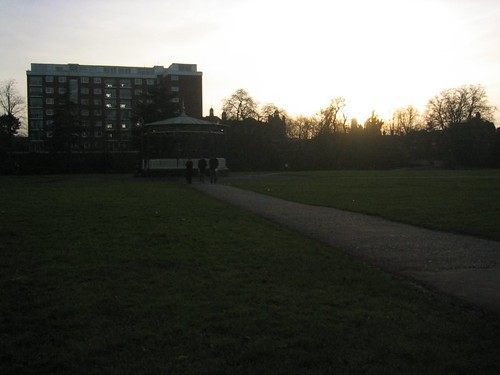The Guardian have a good article on George Galloway’s ejection from the Big Brother house last night, which made me laugh on the bus in to work this morning. Sadly, the online version of the related article about the Telegraph losing their libel appeal yesterday doesn’t have the photo of the fantastic “Taxi for Galloway” placard that appears on page 9 of today’s paper. This made me laugh even more.
As the article points out, Galloway’s interview with Davina last night was indeed very painful to watch. Throughout, he looked dumbstruck whilst he struggled to answer the questions that the lovely Davina (“…whose on-screen persona is that of a largely well-meaning friend who cannot quite conceal the fact that she thinks you are ridiculous.”) kept on hurling at him.
His answer to Davina’s question over why he thought he’d been evicted demonstrated particularly well how oblivious he seemed to the public’s mood (“Maybe people wanted me back out and on the road, travelling the country”). If he wants to stand any chance of keeping his seat now that he’s out, I think the only road he should be out travelling on is Bethnal Green Road. The Telegraph may have lost out, but there’s plenty of other vultures circling.



